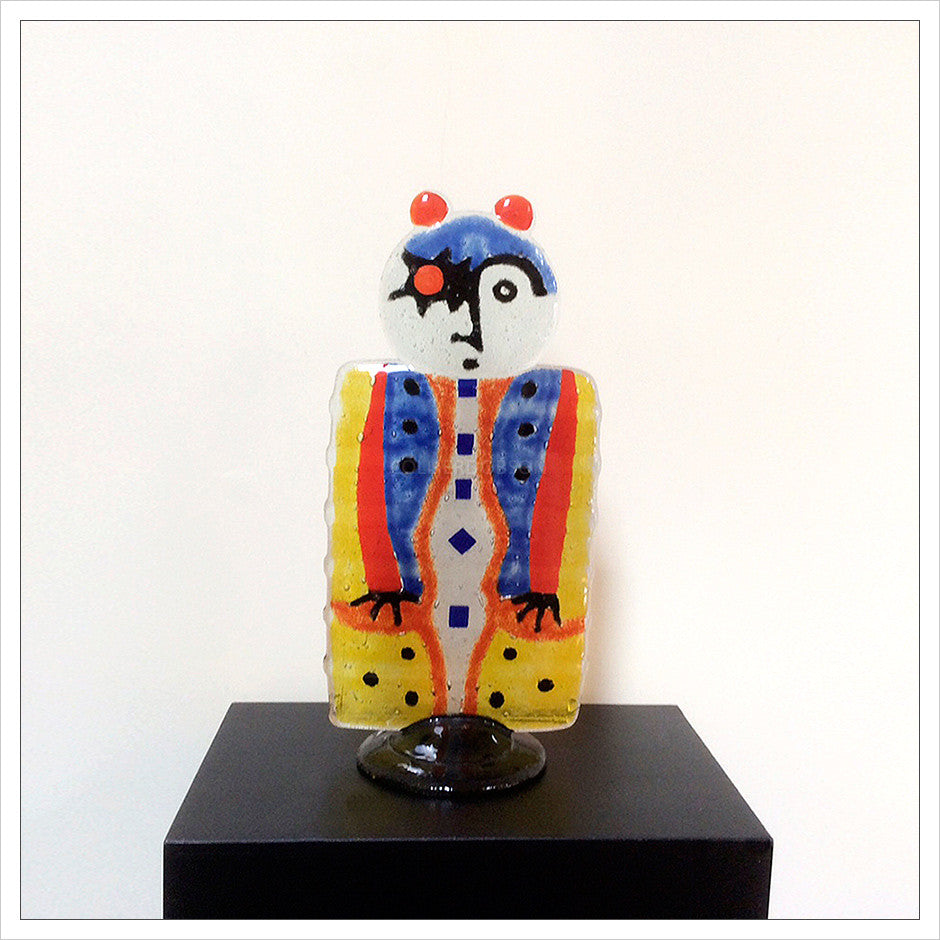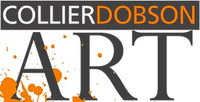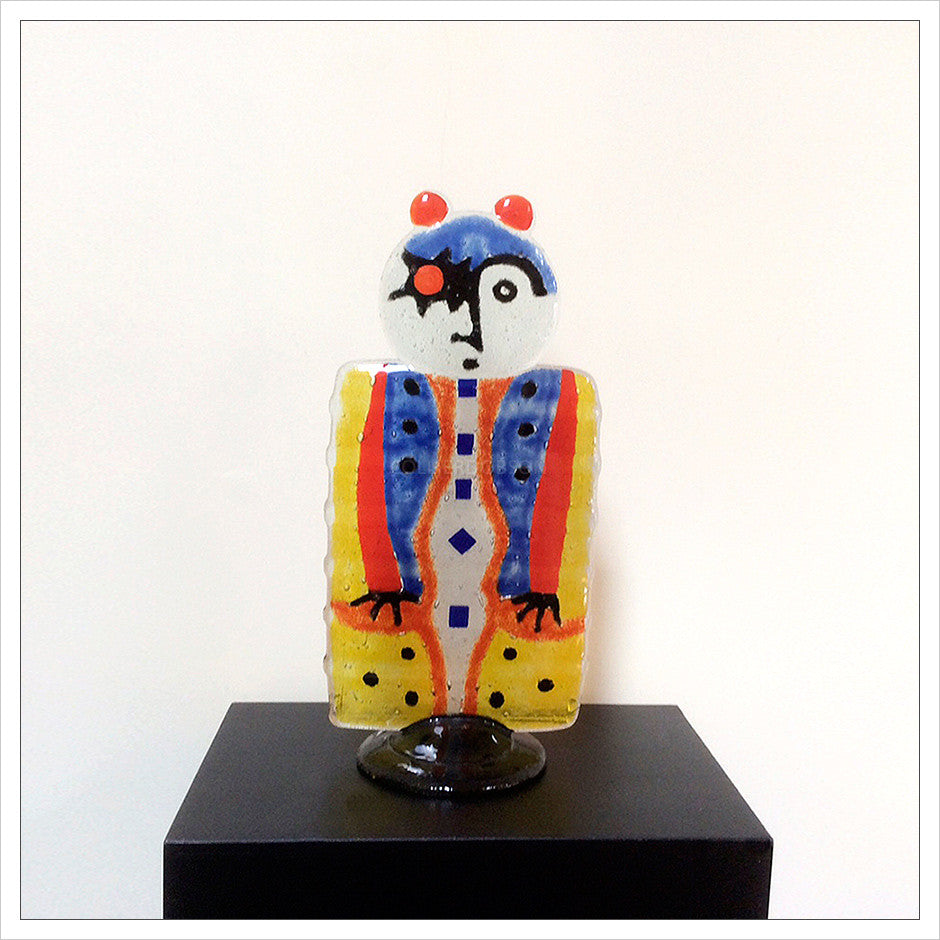1
/
of
2
Silvio Vigliaturo
Generale
Generale
Regular price
£1,200.00
Regular price
£1.00
Sale price
£1,200.00
Unit price
/
per
VAT included.
This sculpture is available to buy.
Go back to: All Sculpture
See all works by: Silvio Vigliaturo
Couldn't load pickup availability
Description and Dimensions
Description and Dimensions
- Bespoke Glass Sculpture
- 51 x 24 x 17cm approximately
Silvio Vigliaturo is a master of glass-fusing. He has developed his technique through years of experimentation and research and his work has become increasingly original and personal, its unique nature being recognized by experts and critics around the world.
Glass, for Silvio, is not simply a means of expression but rather an ideological choice that permits him to cast towards the future and the present while remaining tied to tradition.
Biography
Biography
Silvio Vigliaturo is a contemporary Italian master who brings the scale and energy of sculpture and the bold instinct of a colorist to the delicate nature of glass making and painting. Vigliaturo's witty and vivid pieces are technically highly sophisticated and themes include elements of classical fables, satirical jokes, musical evocations and dream-like images.
He was born at Acri in Calabria, Italy in 1949. In 1962 he came to Chieri, near Turin, where he now lives and works. At the age of 16 he completed a traditional apprenticeship at a local glass works, where he was instructed in the art of drawing by Luigi Bertagna, a disciple of Turin artist Giacomo Grosso, and in painting by Edoardo Ferrero. Vigliaturo's inspiration was sparked in 1986, when he visited the 'Futurismo e Futurism" exhibition in Venice, experiencing the work of Picasso, Miro, Matisse and Chagall, and current of Futurism and Expressionism; these influences continue to be apparent in his work.
He was born at Acri in Calabria, Italy in 1949. In 1962 he came to Chieri, near Turin, where he now lives and works. At the age of 16 he completed a traditional apprenticeship at a local glass works, where he was instructed in the art of drawing by Luigi Bertagna, a disciple of Turin artist Giacomo Grosso, and in painting by Edoardo Ferrero. Vigliaturo's inspiration was sparked in 1986, when he visited the 'Futurismo e Futurism" exhibition in Venice, experiencing the work of Picasso, Miro, Matisse and Chagall, and current of Futurism and Expressionism; these influences continue to be apparent in his work.
Glassmaking
Glassmaking
Legendary for its long tradition of glassmaking, Murano, Italy may be one of the most well recognized glassmaking centers in the world.
The process of making Murano glass is rather complex. Most Murano glass art is made using the lampworking technique. The glass is made from silica, which becomes liquid at extremely high temperatures. Melting agents called flux, are added to the glass to help slow the solidification process. As the glass passes from a liquid to a solid state, there is an interval wherein the glass is soft before it hardens completely, allowing the artisan to shape the material. Other raw materials are added to the glass to produce various effects; sodium to make glass surfaces opaque, nitrate and arsenic to eliminate bubbles, along with a variety of coloring and texturing materials, depending upon the desired effect.
Many glassmaking techniques have been developed and refined in Murano over the centuries. Amongst many others these include:
- Inclamo - Many different colored glass pieces are fused together to form a single piece while the glass is pliable
- Avventuria - Metal flecks are embedded in clear glass to reflect light, using copper or other metal oxides to create a shimmery, metallic look.
- Filigrana - Pieces are created with an opaque white or colored glass core, using glass rods fused together, then blown and shaped by the artist. Three patterns include Mezza Filigrana (single filament rods), Reticello (diamond pattern created by twisting two halves of a glass piece in opposite directions during heating), Retortoli (two filaments twisted into a spiral shape).
Share


